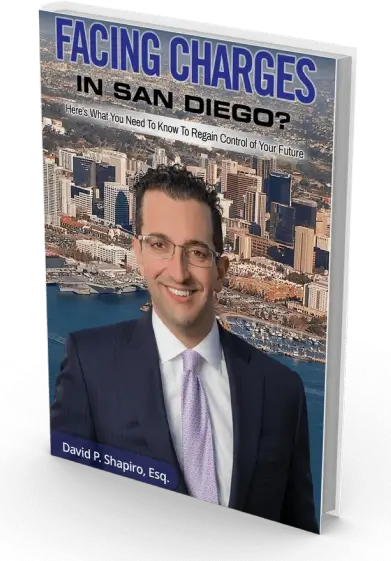Do You Have to Allow Police into Your Home Without a Warrant?
NO! And please do not…unless they have a search warrant. Law enforcement can only enter your home if you (or someone else that lives in the home) lets them in, if they have a warrant, or through some “exigent circumstances” (i.e., there is an immediate emergency, or they have reason to believe you are “destroying evidence” of a felony offense)
Some worry about how it would look if they do not give consent for law enforcement to enter their home without a warrant, that they may look guilty. Please resist the urge to think this way. It is not about what the police, or even the District Attorney, thinks. It’s about the law and what can be proven in court beyond a reasonable doubt! And the police and DA probably think you are guilty already anyways!
Another reason not to give consent, absent a warrant, is that sometimes law enforcement may be investigating one offense and wind up stumbling across something far more serious and consequential, due the initial voluntary consent to search coming from the homeowner. Often we read in police reports of situations where law enforcement alleges to have seen evidence of a crime, even if unrelated to the original offense or offenses for which they originally requested and received the search warrant for. The officers will rely on the “plain view doctrine” to seize whatever contraband is visible upon entry into the residence.
So, what should you do? The best approach is to ask the officer(s) if they have a warrant. If you need to open your door to communicate that, first make sure there is nothing illegal in plain sight, then step outside and shut the door behind you. And then, assuming there is no warrant, politely suggest law enforcement leave the premises and only come back with a warrant.
It is important to note that law enforcement officers can lie to you, and may do so, to get your consent. You might hear them say any of the following:
But don’t fall for it. Here are a couple of helpful phrases to remember:
Learn more about when cops can search your home from attorney Stefano Molea in this video.
If you or a loved one are facing criminal charges and want to learn how you can best protect your freedom and future, give us a call at (619) 295-3555.
The contents of this article and blog are meant for informational and marketing purposes only and do not constitute legal advice. Viewing and/or use of the blog does not form an attorney-client relationship. No statements in this post are a guarantee, warranty, or prediction of a particular result in your case.









